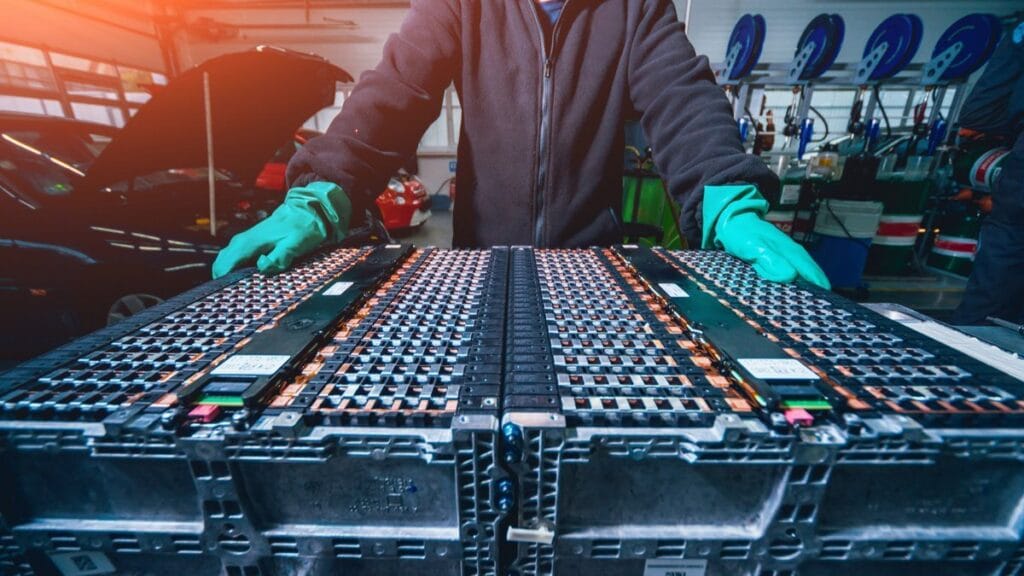With nearly 400 billion dirhams in industrial exports in 2024, Morocco confirms its rise on the global economic chessboard, driven by a diversified industrial policy and a clearly stated ambition: to become an essential hub for green and innovative production.
Expanding sectors
Speaking at a conference on investment and employment organized at the House of Councillors, the Minister of Industry and Commerce, Ryad Mezzour, emphasized the strategic importance of the diversity of productive sectors in the national industrial fabric. Agri-food, automotive, aerospace, textiles, pharmaceuticals… These structuring sectors are now complemented by new high-potential sectors: batteries for electric vehicles and green hydrogen.
According to the minister, the Kingdom has the resources, geographical position, and vision necessary to build an integrated green industry capable of meeting the needs of European and international markets.
Growth driven by international confidence
The dynamism of Moroccan industry is reflected in the figures: industrial exports, which today represent 88% of foreign sales, have increased fivefold since the early 2000s. Foreign direct investment (FDI) in the sector has tripled in ten years, reaching 16.5 billion dirhams in 2024.
This progress reflects investors’ confidence in the Moroccan productive ecosystem, the result of a clear industrial strategy and a continuously improving business climate.
Investment effort above the global average
For Mohamed Taamouti, director of economic studies at Bank Al-Maghrib, Morocco’s commitment to investment is evident: nearly 30% of GDP is dedicated to it, compared to a global average of 25.2%. This orientation reflects a firm desire for structural transformation through the strengthening of infrastructure and sustainable industrialization.
Significantly improved business climate
On the side of the Ministry of Finance, Adil Hidane emphasizes that investment is now recognized as a central driver of wealth creation and equitable redistribution. He recalls that Morocco has undertaken significant structural reforms in recent years to improve the business climate, driven by royal vision.
Geostrategic position and stable model
According to the World Bank, represented by Javier Diaz Cassou, Morocco has managed to capitalize on its political stability, strategic location, and coherence of public policies to attract the attention of international investors. These factors, combined with a robust macroeconomic framework, place the country in a favorable position as global supply chains are reorganized.
Towards integrated territorial governance
The conference, organized under the theme “Investment, Employment, and Structural Transformation in Morocco”, aims to shed light on public policies through a multidisciplinary approach, emphasizing the link between territorial governance, skills qualification, and inclusive development.
With MAP


